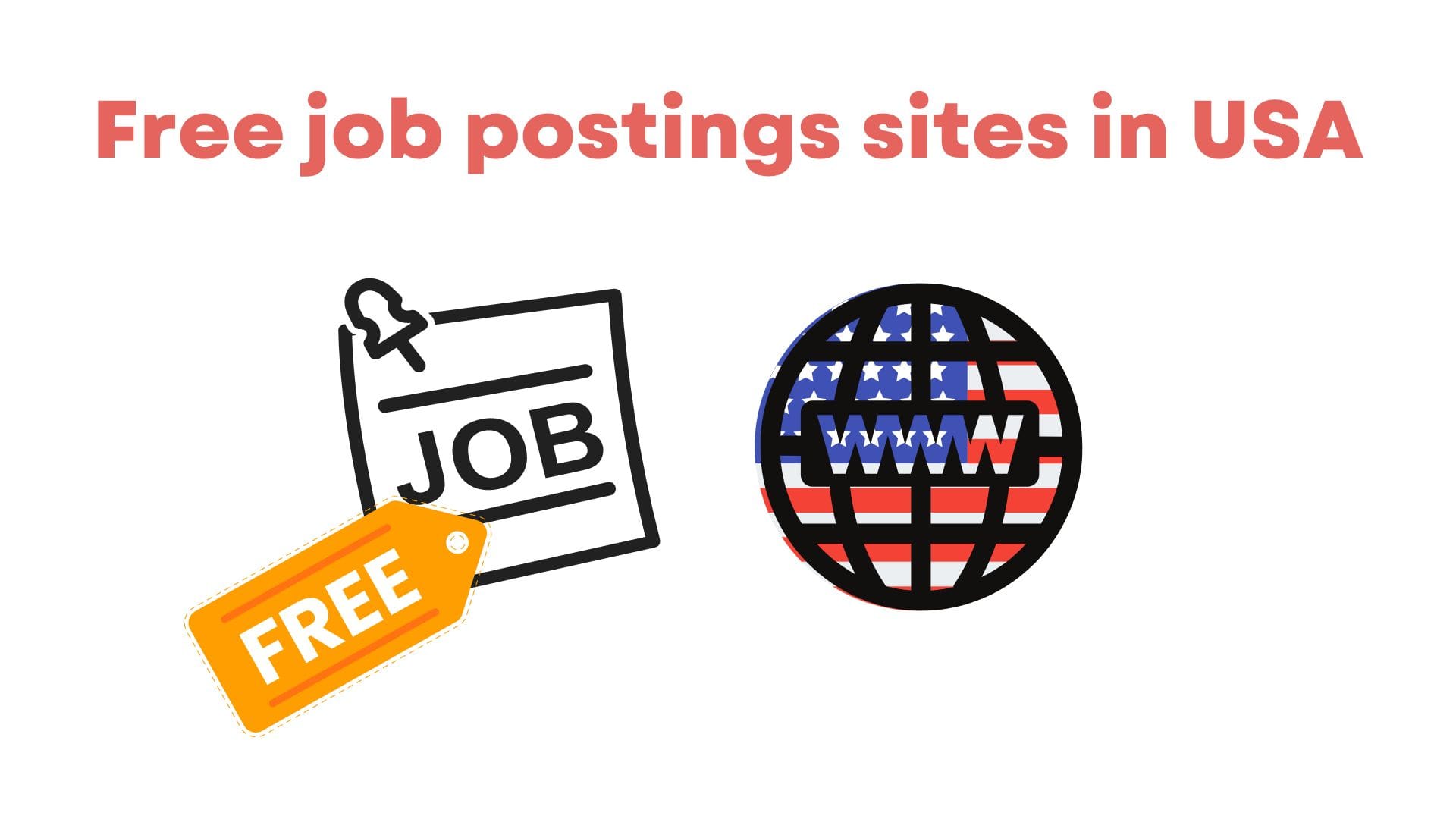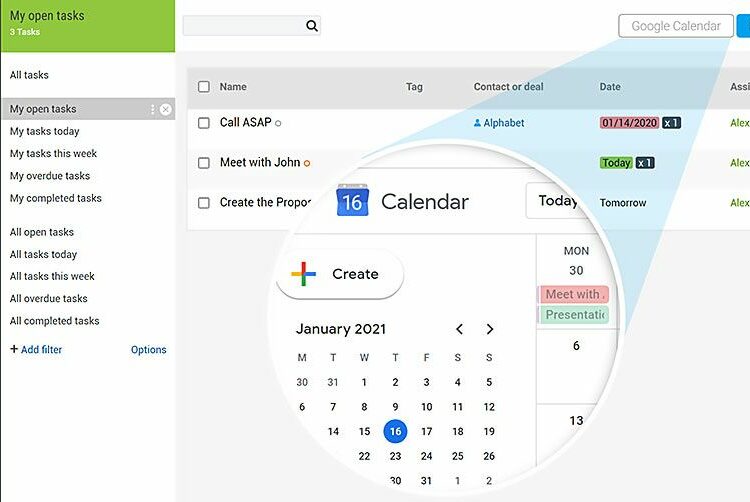The nursing landscape is undergoing a profound transformation, and DNP degree programs have emerged as the key to unlocking extraordinary opportunities for BSN-prepared nurses. This advanced degree elevates clinical expertise and equips nurses with the leadership skills and strategic insights needed to drive positive change within the healthcare industry.
Toc
- 1. Explore the Diverse DNP Specializations for BSN Nurses
- 2. Elevate Your Career with DNP Degree Programs
- 3. Related articles 01:
- 4. Choosing the Right DNP Program for Your Career Goals
- 5. Current Trends in DNP Education
- 6. Strategies for Succeeding in a DNP Program
- 7. The Future of Nursing
- 8. Unlocking the Future of Nursing with DNP Degree Programs
- 9. Related articles 02:
- 10. Frequently Asked Questions (FAQ)
- 11. Conclusion
Explore the Diverse DNP Specializations for BSN Nurses

As a BSN-prepared nurse, DNP degree programs open the door to a wide range of specialization options, each tailored to your unique career aspirations. From the dynamic role of the Family Nurse Practitioner (FNP) to the strategic leadership of the Nurse Executive, DNP programs offer a pathway for you to amplify your impact and reach new heights in the nursing profession.
Family Nurse Practitioner (FNP)
The Family Nurse Practitioner (FNP) specialization equips you with the expertise to provide comprehensive, holistic care to patients across the lifespan. As an FNP, you’ll be responsible for assessing, diagnosing, and treating a diverse range of acute and chronic conditions while also promoting preventive healthcare and empowering patients to achieve optimal well-being.
FNPs play a crucial role in improving health outcomes in their communities, often serving as primary care providers. With a focus on patient-centered care, FNPs develop long-term relationships with their patients, allowing for better management of chronic diseases and overall health promotion. The coursework for FNPs typically includes advanced pharmacology, health assessment, and clinical decision-making, along with extensive clinical practice hours to ensure hands-on experience.
Adult-Gerontology Nurse Practitioner (AGNP)
The Adult-Gerontology Nurse Practitioner (AGNP) specialization focuses on delivering advanced nursing care to adult and older adult populations. AGNPs can choose to specialize in either acute care or primary care, allowing them to play a vital role in managing complex health conditions, coordinating comprehensive care, and supporting healthy aging for their patients.
As an AGNP, you’ll work in various settings, including hospitals, outpatient clinics, and long-term care facilities. Your responsibilities may include conducting comprehensive assessments, diagnosing illnesses, and creating treatment plans that address the unique needs of older adults. The AGNP curriculum emphasizes geriatric care, chronic illness management, and health promotion strategies, preparing you to make a significant impact in the lives of your patients.
Nurse Executive
The Nurse Executive specialization prepares you for leadership roles within healthcare organizations, equipping you with the business acumen, strategic thinking, and interpersonal skills needed to excel in high-level nursing management positions. As a Nurse Executive, you’ll be responsible for overseeing nursing staff, managing budgets and operations, and driving quality improvement initiatives that positively impact patient outcomes.
This specialization focuses on developing your leadership abilities, allowing you to advocate for nursing staff and improve healthcare delivery systems. Courses often include healthcare policy, organizational leadership, and finance in healthcare, preparing you to navigate the complexities of healthcare administration. Nurse Executives are vital in shaping the future of healthcare, influencing policy, and ensuring quality care in their organizations.
Other Popular DNP Specializations
In addition to FNP, AGNP, and Nurse Executive, several other DNP specializations cater to diverse interests within nursing. Here are a few notable options:
- Pediatric Nurse Practitioner (PNP): Focused on providing care to infants, children, and adolescents, PNPs assess, diagnose, and treat a variety of pediatric conditions while promoting healthy development.
- Psychiatric Mental Health Nurse Practitioner (PMHNP): Specializing in mental health, PMHNPs work with patients of all ages to diagnose and treat psychiatric disorders, providing therapy and medication management.
- Nurse Midwifery: This specialization prepares nurses to provide care during pregnancy, childbirth, and the postpartum period, offering a holistic approach to women’s health.
- Healthcare Informatics: This track focuses on the intersection of healthcare and technology, equipping nurses with the skills to manage health information systems and improve patient care through data analysis.
Each specialization offers unique opportunities and challenges, allowing you to align your education with your career aspirations and interests.
Elevate Your Career with DNP Degree Programs

The decision to pursue a DNP degree can be a transformative step in your nursing career, unlocking a world of opportunities and elevated earning potential. Consider these compelling benefits of DNP degree programs:
Increased Earning Potential
According to the U.S. Bureau of Labor Statistics, the median annual salary for nurse practitioners, a common DNP-prepared role, was $111,680 in 2021. This represents a significant increase compared to the average salary for BSN-prepared registered nurses, which was $77,600 during the same period. Furthermore, the demand for nurse practitioners is expected to grow substantially in the coming years. The U.S. Bureau of Labor Statistics projects a 45% increase in employment for nurse practitioners from 2020 to 2030, much faster than the average for all occupations. This growth is fueled by the aging population, the increasing prevalence of chronic diseases, and the growing emphasis on primary care.
Advanced Practice Roles
With a DNP degree, you’ll be qualified for a wide range of advanced practice nursing roles, such as Family Nurse Practitioner (FNP), Adult-Gerontology Nurse Practitioner (AGNP), and Nurse Executive. These specialized positions allow you to deliver comprehensive, evidence-based care, lead interdisciplinary teams, and influence healthcare policy.
Leadership Opportunities
DNP-prepared nurses are increasingly sought after for leadership roles in healthcare organizations. For example, the American Nurses Credentialing Center (ANCC) offers the Nurse Executive, Advanced (NEA-BC) certification, which was first introduced in 2013 and is specifically designed for nurses with a DNP or PhD. This certification recognizes the advanced leadership skills and knowledge that DNP graduates possess. The NEA-BC certification can open doors to leadership roles such as Chief Nursing Officer (CNO), Vice President of Nursing, and Director of Nursing.
Enhanced Clinical Expertise
The DNP program goes beyond the clinical focus of a traditional master’s degree, providing you with advanced knowledge and skills in areas such as evidence-based practice, health informatics, and systems thinking. The DNP program emphasizes evidence-based practice, requiring students to conduct research, analyze data, and translate findings into clinical practice. This focus on research and critical thinking equips DNP graduates with the ability to evaluate and implement the latest evidence-based practices, leading to improved patient outcomes and enhanced quality of care. For instance, a DNP-prepared nurse might conduct a research study on the effectiveness of a new medication for managing a specific condition, then implement this new treatment protocol in their clinical practice.
4. https://chosloughi.org/mmoga-unlocking-the-path-to-success-with-accredited-online-degree-programs
Endless Career Advancement
With a DNP degree, you’ll be positioned for a wide range of career advancement opportunities, from clinical specialties to executive-level positions. Whether you aspire to become a nurse practitioner, a nursing director, or a chief nursing officer, a DNP can open the door to your next professional milestone.
Choosing the Right DNP Program for Your Career Goals

When selecting a DNP program, it’s essential to consider several key factors to ensure you find the right fit for your career aspirations and learning preferences. Look for programs that are accredited by the Commission on Collegiate Nursing Education (CCNE), as this ensures the program meets rigorous standards for nursing education.
Accreditation
Accreditation is crucial when choosing DNP degree programs. Programs accredited by the CCNE or the Accreditation Commission for Education in Nursing (ACEN) ensure that the education you receive meets established quality standards. This accreditation is often necessary for licensure and can enhance your employment opportunities after graduation.
Program Format
Consider the format of the DNP program that best suits your needs. Options include fully online, hybrid, or low-residency formats. Online programs offer maximum flexibility, allowing you to balance your studies with work and personal commitments. Hybrid programs combine online coursework with on-campus immersions, providing a balance of flexibility and hands-on experience. Low-residency programs may require fewer on-campus visits, making them a good option for working professionals.
Faculty Expertise
Evaluate the program’s faculty, ensuring they have extensive experience in advanced practice nursing and leadership roles. Faculty members who have real-world experience can provide valuable insights and mentorship, enhancing your educational experience. Research faculty qualifications, areas of expertise, and their involvement in nursing practice and research.
Clinical Experiences
Consider the types of clinical placements the program offers, as these experiences can greatly enhance your hands-on learning and prepare you for real-world practice. Quality clinical placements in diverse settings will allow you to apply your knowledge and skills in practical environments, further enriching your education.
Financial Aid and Scholarships
Explore the availability of financial aid options, such as loans, grants, and scholarships, to help make your DNP degree more accessible and affordable. Many programs offer financial assistance to help students manage the costs associated with their education. Be proactive in seeking out these opportunities and reach out to the financial aid office of the programs you are considering.
Current Trends in DNP Education
The DNP program is continuously evolving to address the changing needs of the healthcare industry. Some recent trends in DNP education include:
- Focus on Population Health: DNP programs are increasingly incorporating population health principles, preparing nurses to address health disparities, promote health equity, and improve the overall health of communities.
- Integration of Technology: The use of technology in healthcare is rapidly expanding. DNP programs are incorporating coursework in health informatics, telehealth, and data analytics, equipping nurses with the skills to leverage technology for improved patient care.
- Emphasis on Interprofessional Collaboration: DNP programs are emphasizing the importance of interprofessional collaboration, preparing nurses to work effectively with other healthcare professionals to provide comprehensive, patient-centered care.
- Increased Online Program Offerings: The demand for online DNP programs is growing, offering flexibility for working professionals who want to pursue advanced nursing education while maintaining their careers.
Strategies for Succeeding in a DNP Program

As you embark on your DNP journey, keep these valuable tips in mind to set yourself up for success:
Develop Effective Time Management Skills
Balancing work, family, and your academic responsibilities can be challenging, so it’s crucial to develop efficient time management strategies to stay on track. Utilize planners, digital calendars, and task management apps to keep your assignments and deadlines organized.
Cultivate Effective Study Habits
Experiment with various study techniques, such as active learning, to optimize your information retention and academic performance. Form study groups with classmates, use flashcards, and practice self-quizzing to reinforce your understanding of complex concepts.
Build a Supportive Network
Engage with your classmates, faculty, and healthcare professionals in your community to expand your professional network and access valuable resources. Networking can lead to mentorship opportunities, job openings, and collaborative projects that enhance your educational experience.
Secure Meaningful Clinical Placements
Work closely with your program’s clinical placement coordinator to ensure you secure high-quality clinical experiences that align with your career goals. Proactively seek out placements that offer diverse experiences and opportunities for growth in your chosen specialty.
The Future of Nursing
The DNP degree is poised to play an increasingly vital role in shaping the future of nursing. As healthcare systems continue to evolve, the need for advanced practice nurses with leadership skills and expertise in evidence-based practice will only grow. By pursuing a DNP, nurses can position themselves to lead the way in transforming healthcare, improving patient outcomes, and advancing the nursing profession.
Unlocking the Future of Nursing with DNP Degree Programs

As a BSN-prepared registered nurse, earning a Doctor of Nursing Practice (DNP) degree can be a transformative step in your career. By unlocking advanced practice roles, leadership opportunities, and enhanced clinical expertise, a DNP degree can help you drive positive change, improve patient outcomes, and make a lasting impact on the healthcare landscape.
According to the American Association of Colleges of Nursing (AACN), the number of DNP graduates has steadily increased over the past decade, reflecting the growing demand for doctorally-prepared nurses. In 2024, it’s projected that there will be over 35,000 DNP-prepared nurses in the United States, underscoring the immense value they bring to the healthcare system.
5. https://chosloughi.org/mmoga-unlocking-the-path-to-success-with-accredited-online-degree-programs
As you consider your next career move, take the time to explore the various DNP specializations and programs that align with your professional aspirations. With the right program and a commitment to your goals, you can embark on an exciting new chapter of your nursing journey, poised to lead the way in shaping the future of healthcare.
Frequently Asked Questions (FAQ)
Q: How long does it typically take to complete a DNP program?
A: For BSN-prepared nurses, DNP programs generally take 3-4 years to complete, depending on the program and the student’s pace of study.
Q: What are the typical admission requirements for DNP programs?
A: Common admission requirements for DNP programs include a BSN degree, a current RN license, a minimum GPA, letters of recommendation, and sometimes a personal statement or interview.
Q: What are the costs associated with a DNP program?
A: Tuition fees, books, and other expenses can vary significantly depending on the institution and program format. It is essential to research and budget accordingly.
Q: Is financial aid available for DNP programs?
A: Yes, many DNP programs offer financial aid options, including loans, grants, and scholarships, to help make the degree more accessible and affordable.
Q: What are the benefits of pursuing a DNP over an MSN?
A: DNP programs focus on practice-focused research and leadership skills, preparing graduates for advanced roles that require a higher level of clinical expertise and administrative competence.
Q: What are the challenges of pursuing a DNP?
A: Balancing work, family, and studies can be demanding, but time management and support systems can help you navigate these challenges effectively.
Conclusion
The DNP degree is more than just a credential; it’s a powerful tool for BSN-prepared nurses to elevate their careers, expand their impact, and lead the future of healthcare. By pursuing a DNP, you’re investing in your professional development, gaining the skills and knowledge necessary to excel in advanced practice and leadership roles.
As you embark on this transformative journey, explore the various DNP specializations and programs that resonate with your career goals. Take action today to unlock the extraordinary opportunities that await you in the nursing profession. With determination and the right education, you can make a significant difference in the lives of your patients and the healthcare system as a whole.













